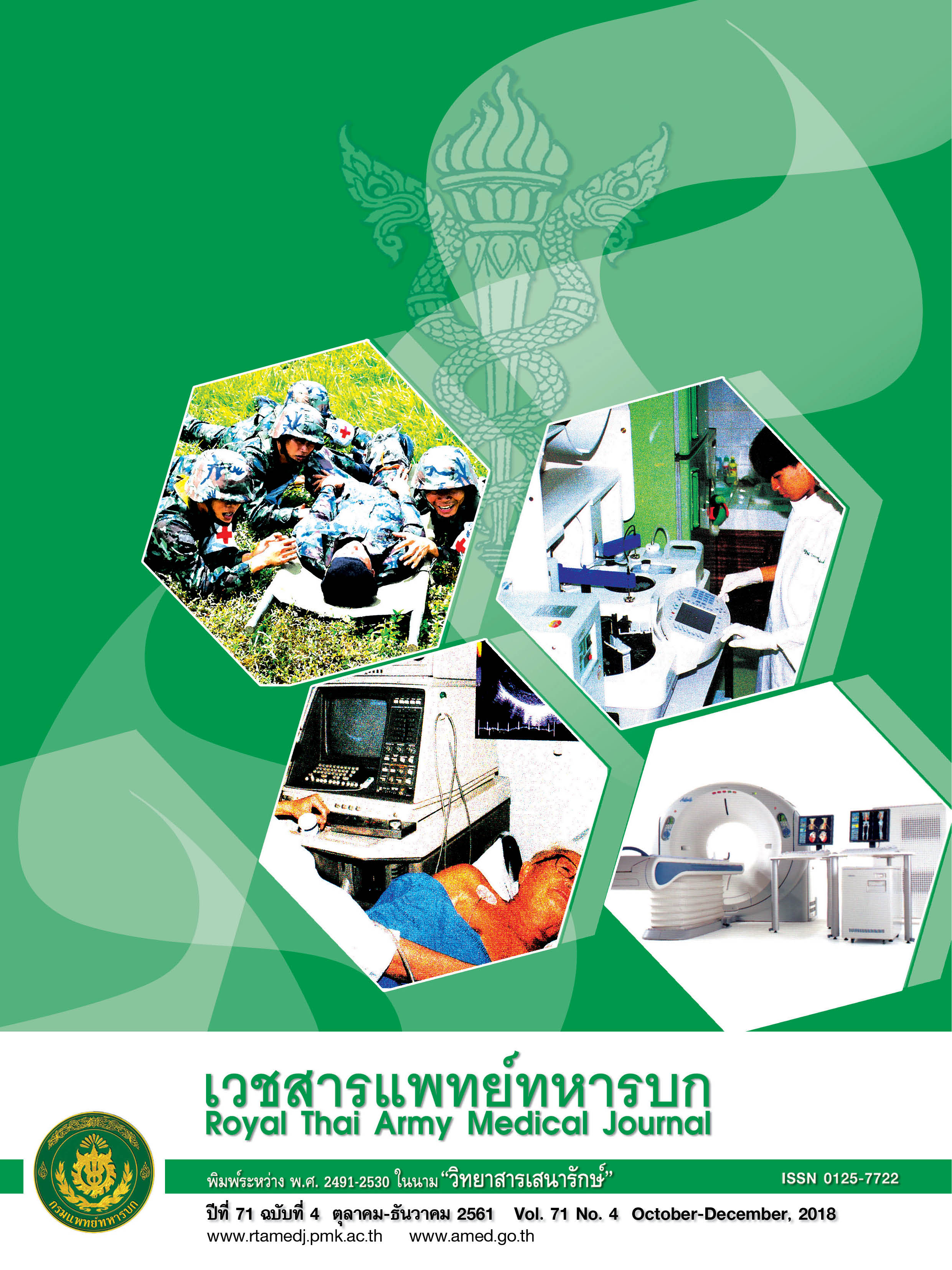In vitro Effect of Ethanol on Erythrocyte Methemoglobin and Reduced Glutathione Concentrations
Main Article Content
Abstract
Background: Ethanol is well known as oxidative stress inducing factor. Many studies demonstrated that after alcohol intaking both in experimental animals and human, it has an impact on erythrocytes. Objectives: To study effect of ethanol (EtOH) on Methemoglobin (MetHb) and glutathione (GSH) levels in erythrocytes after in vitro exposure. Materials & Methods: Erythrocytes from 20 adult human subjects were treated with 25, 37.5, 50 and 62.5 mg/dL of ethanol (EtOH) as oxidant agent. We compared Methemoglobin (MetHb) and glutathione (GSH) levels in erythrocytes before and after exposure to EtOH. Results: Increasing of EtOH concentration and incubation time caused increasing of MetHb levels (p < 0.05). We found that MetHb levels in post-incubated erythrocytes were higher than those in untreated erythrocytes from three to ten times. Moreover, our results were demonstrated that high EtOH concentrations and long incubation time resulted in reducing of GSH levels in erythrocytes (p < 0.05). GSH levels in post-incubated erythrocytes were lower than those in untreated erythrocytes ranging from 0.32 to 8.14 mg/dL. Conclusions: EtOH as oxidative damage indicator induced MetHb formation and GSH depletion in vitro.
Article Details
References
2. Subir KD and Vasudevan DM. Alcohol-induced oxidative stress [Minireview]. Life Sciences. 2007;81:177-87.
3. Kathleen H McDonough. The role of alcohol in the oxidant antioxidant balance heart. Frontiers in Bioscience. 1999;4:d601-6.
4. Chi LM, Wu WG. Mechanism of hemolysis of red blood cell mediated by ethanol. Biochim Biophys Acta. 1991;1062:46-50.
5. Büyükokuroglu ME, Altikat S, Ciftçi M. The effects of ethanol on glucose 6-phosphate dehydrogenase enzyme activity from human erythrocytes in vitro and rat erythrocytes in vivo. Alcohol Alcohol. 2002;37:327-9.
6. Edes I, Pros G, M Csanady. Alcohol-induced congestive cardiomyopathy in adult turkeys: effects on myocardial antioxidant defense systems. Basic Research in Cardiology. 1987;82:551-6.
7. Sozmen EY, Tanyalcin T, Onat T, Kutay F, Erlacin S. Ethanol induced oxidative stress and membrane injury in rat erythrocytes. European Journal of Clinical Chemistry and Clinical Biochemistry. 1994;32:741-4.
8. Bulle S, Reddy VD, Padmavathi P, Maturu P, Puvvada PK, Nallanchakravarthula V. Association between alcohol-induced erythrocyte membrane alterations and hemolysis in chronic alcoholics. Journal of Clinical Biochemistry and Nutrition. 2017;60:63-9.
9. Colell A, Garcia-Ruiz C, Miranda M, Ardite E, Mari M, Morales A, Corrales F, Kaplowitz N, Fernandez-Checa JC. Selective glutathione depletion of mitochondria by ethanol sensitizes hepatocytes to tumor necrosis factor. Gastroenterology. 1998;115:1541-51.
10. Fernandez-Checa JC, Hirano T, Tsukamoto H, Kaplowitz N. Mitochondrial glutathione depletion in alcoholic liver disease. Alcohol. 1993;10:469-75.
11. Fernandez-Checa JC, Garcia-Ruiz C, Colell A, Morales A, Mari M, Miranda M, Ardite E. Oxidative stress: role of mitochondria and protection by glutathione. Biofactors. 1998;8:7-11.
12. Vina J, Estrela JM, Guerri C and Romero FJ. Effect of ethanol on glutathione concentration in isolated hepatocytes. The Biochemical Journal. 1980;188:549-52.
13. Wheeler GL, Trotter EW, Dawes IW, Grant CM. Coupling of the transcriptional regulation of glutathione biosynthesis to the availability of glutathione and methionine via the Met4 and Yap1 transcription factors. The Journal of Biological Chemistry. 2003;278:49920-8.

